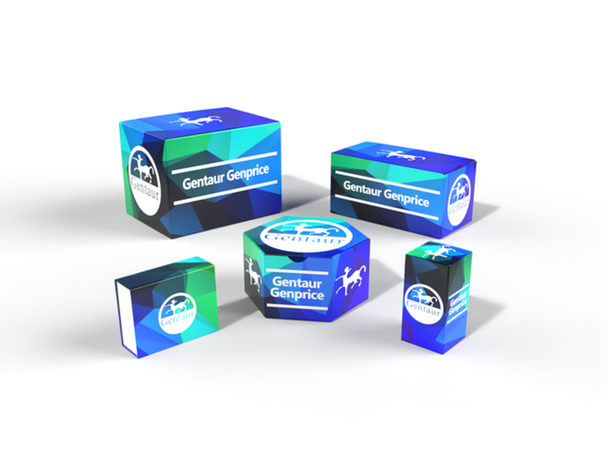BW
ATP6V0D1 polyclonal Antibody | BS60264
- SKU:
- BW-BS60264
- Availability:
- Usually ships in 5 working days
Description
ATP6V0D1 polyclonal Antibody | BS60264 | Gentaur UK, US & Europe Distribution
Host: Rabbit
Reactivity: Human,Mouse,Rat
Application: WB
Application Range: WB: 1:500~1:1000
Background: Vacuolar-type H+-ATPase (V-ATPase) is a multisubunit enzyme responsible for the acidification of eukaryotic intracellular organelles. V-ATPases pump protons against an electrochemical gradient, while F-ATPases reverse the process, thereby synthesizing ATP. A peripheral V1 domain, which is responsible for ATP hydrolysis, and an integral V0 domain, which is responsible for proton translocation, comprise the V-ATPase complex. Nine subunits (A–H) make up the V1 domain and five subunits (A, D, C, C' and C") make up the V0 domain. V-ATPase D1 (ATPase, H+ transporting, lysosomal, V0 subunit D1), also known as ATP6V0D1, P39, VATX, VMA6, ATP6D or VPATPD, is the D subunit of the V0 domain. Expressed ubiquitously, V-ATPase D1 acts in concert with other V0 subunits to catalytically acidify a variety of intracellular compartments, thereby synthesizing ATP to be used for vacuolar transport.
Storage & Stability: Store at 4°C short term. Aliquot and store at -20°C long term. Avoid freeze-thaw cycles.
Specificity: ATP6V0D1 polyclonal Antibody detects endogenous levels of ATP6V0D1 protein.
Molecular Weight: ~ 40 kDa
Note: For research use only, not for use in diagnostic procedure.
Alternative Names: V-type proton ATPase subunit d 1; V-ATPase subunit d 1; 32 kDa accessory protein; V-ATPase 40 kDa accessory protein; V-ATPase AC39 subunit; p39; Vacuolar proton pump subunit d 1; ATP6V0D1; ATP6D, VPATPD
Immunogen: A synthetic peptide corresponding to residues in Human ATP6V0D1.
Conjugate: Unconjugated
Modification: Unmodification
Purification & Purity: The Antibody was affinity-purified from rabbit antiserum by affinity-chromatography using epitope-specific immunogen and the purity is > 95% (by SDS-PAGE) .
Pathway:






